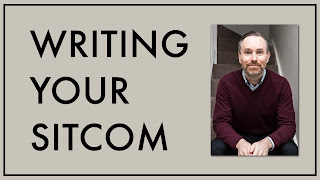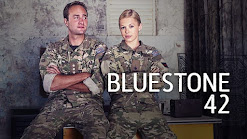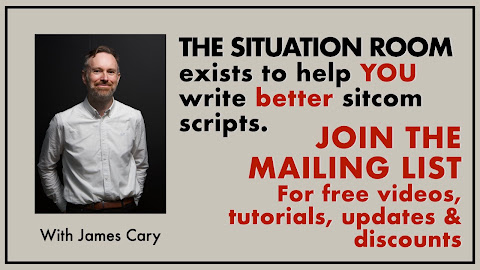2023 is fast approaching. A new year. A new hope. If you read this blog, you and I probably share the same aim: to get a sitcom commissioned.
Is that a realistic hope?
Yes.
And no.
Here’s the yes: as I say on the Sitcom Geeks podcast regularly, “People like watching TV. And they like laughing.” Comedy is one of life’s essentials, like water, electricity and food. I mean that seriously. You are not wasting time when you write comedy. And if you can do it regularly and well, you will get more opportunities.
I’m in danger of making false promises and giving false hope: that talent will out and that you just need to believe in yourself and keep going and you’ll make it.
But is that a false promise?
Actually, no. I’ve hung around the British comedy industry for twenty-five years and the more I stick around, the less cynical I become. Maybe that’s surprising. But experience has taught me that I really do believe in this formula:
Talent + Perseverance = Success. Eventually.
Talent
What is ‘talent’? How much do you need? You need some aptitude to write. You need a few comedy instincts. But these reveal themselves slowly and don’t start out with brilliantly original ideas from the get-go.
Many people start by writing parodies of existing, established entertainment formats. If you’re my age, that would have been a Blind Date sketch. You get a few laughs based on the solid structure of a format everyone knows, and then you move on to something more original.
This takes perseverance, the second ingredient in our equation.
Perseverance
In some ways, I feel like I was lucky to get Think The Unthinkable commissioned by BBC Radio 4. I was only about 25. I hadn’t been doing comedy for long.
But then I realise that wasn’t true. I’d done nothing but comedy since about the age of 12, writing sketches at school, putting on plays, honing my craft at university and taking three different comedy shows to the Edinburgh Fringe in ’96, ’97 and ‘99. I was all about writing comedy.
However, my TV sitcom, Bluestone 42, was another 13 years after my first radio sitcom was commissioned. This was not for lack of trying.
So we get to that final word in the equation ‘eventually’.
For how long will you keep going in the pursuit of success? There is a cost to writing – and to persevering. It might be borne by your friends, your family and those to whom you have obligations. That’s why you need a plan for 2023 . Time spent persevering and improving is time away from other things. So we need to use our time wisely. We need a plan .
And we need a new approach as we get to that other word: success.
Success. Eventually.
What even is success? How do we measure it? Is it to get a sitcom commissioned?
That’s a fine long term goal – but actually the decision to hit a green light is out of hands. Only a handful of sitcoms are commissioned every year, and the reasons for that are often rather arbitrary when it comes down to it. TV commissioners are making decisions based on all kinds of factors that we don't know about. And there's nothing we can do about that, short of raising £1.6m and making the sitcom ourselves.
So should we plan to get a sitcom commissioned in 2023?
It's a good aim. And we can plan to give ourselves a better chance of this happening. But it’s not wise to plan something that is not within your power. This will only lead to frustration.
So how should we plan ?I talk about realistic planning and a bunch of other things i n this webinar replay from earlier this month called Supercharge Your Sitcom Career , which you can access for next-to-nothing.
And it comes with a discount code worth £100 off my Writing Your Sitcom course. So click HERE for that webinar.





































